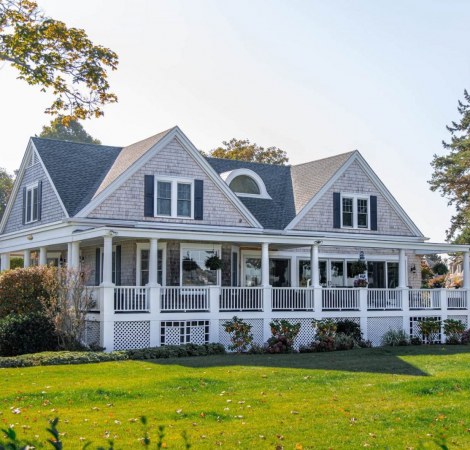Can a foreigner buy a house in Vietnam? The Vietnamese Law indicates that foreigners or foreign entities can own houses in Vietnam by investing in project-based commercial housing construction; buying; hire-purchasing contracts; inheriting or receiving project-based commercial houses, but not in locations that are prohibited for foreign house ownership.
Find Out About Cekindo’s Company Incorporation Services in Vietnam
Foreign entities include (i) foreign enterprises who are investing in project-based commercial housing construction; (ii) foreign representative offices and branches of foreign enterprise; (iii) foreign invested funds operating in Vietnam and branches of foreign banks; (iv) foreign-direct invested enterprises in Vietnam. As for foreign individuals, they must have the legal right to enter Vietnam as per Vietnamese Law in order to start the process.
Currently, a foreigner can own more than one property thanks to the new Housing Law. However, there is still a limited number of houses that a foreigner or a foreign entity can own in specific areas.
Requirements for Owning a House in Vietnam
To buy a house in Vietnam, you must fulfill one of the two requirements: you are allowed to enter Vietnam legally or you invest in a housing construction project in the country.
1. Individuals who Are Legally Allowed to Enter Vietnam
- Do not have diplomatic privileges or immunity
2. Foreign Individuals who Want to Invest in Projects
- Obtain a an Investment Registration Certificate
- Own project-based houses following the Housing Law of Vietnam
- Not including constructions in areas related to national defense and security
Rights and Obligations for Owning a House in Vietnam
According to the Housing Law in Vietnam, foreigners or foreign entities must adhere to certain obligations for owning a house in Vietnam. They are also eligible for specific rights as homeowners.
- If there is only 01 housing project in an area whose population is equivalent to that of a ward, foreigners or foreign entities shall not own more than 10% of the total houses of each housing construction project or 250 houses of such project, whichever comes first, including row houses, separate houses, and villas. If there is more than one project in such an area, foreign entities may own up to 10% of detached houses of each project and up to 250 houses of all the projects. If there are more than one housing projects in an area whose population is equivalent to that of a ward and the quantity of detached houses owned by foreign entities/foreigners has reached the limit, detached houses of any other project within such area shall not be sold to and owned by foreign entities/foreigners.
- In an apartment building (including multipurpose apartment buildings), foreigners or foreign entities may own up to 30% of residential apartments thereof. If an apartment building has more than one unit or block, foreigners or foreign entities may own up to 30% of residential apartments of each unit or block.
- Foreigners or foreign entities shall not own more than 250 houses including row houses and villas, or rent/buy/inherit/receive more than 30% of apartment units in the same apartment building
- Homeownership for foreign individuals are only valid for no more than 50 years based on the agreement, on housing sale, lease purchase, gifting, or inheritance starting from the day when they receive the homeownership certificate
- A foreign individual is eligible for permanent homeownership if he or she is married to a Vietnamese
- Foreigners’ rights as homeowners are similar to those of Vietnamese citizens
- Homeownership for foreign entities are only valid for the length of the duration stated on their investment certificate, starting from the day when they receive their Investment Registration Certificate
RELATED: 7 Common Risks of Real Estate Purchase in Vietnam for Foreigners
How to Buy a House in Vietnam
Here are the principles steps for foreign individuals or foreign entities to purchase a house in Vietnam:
- Choose a property and sign a reservation agreement. It is advisable to review your reservation agreement with the help of a professional before signing.
- Pay a deposit to the property seller.
- Engage a due diligence specialist to conduct a background check. Things to examine include the seller’s identity, registration certificate, property certificate, ownership certificate, and others.
- Confirm the transaction by signing a housing contract. Get a Vietnamese translator to examine the contract’s content before signing.
- Pay fees and taxes at the local tax office where the property is situated. The seller will pay the income tax and the buyer will pay the registration fee.
- Apply for the certificate of ownership.
How Cekindo can Assist
Vietnam’s property market is thriving, where the vacation homes, luxury residential market, apartments, and villas have all seen ongoing growth.
Cekindo can help you buy a house in Vietnam from the most exclusive and sought-after selections. With the help of our specialists, your house purchase process will be a breeze. We ensure that the service we provide you is the best available in the region.
Our expert advice is supported by research-led and professional insights, making sure that you will only get the most updated, unbiased market information when you buy a house in Vietnam.
Find out more by speaking to our experts. Fill in the form below.
